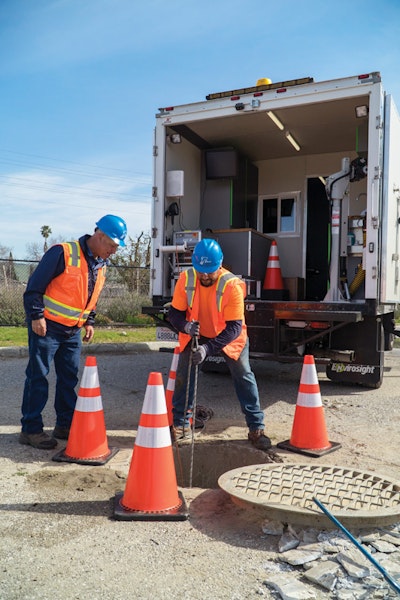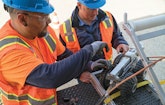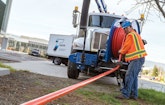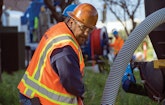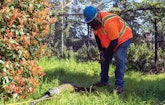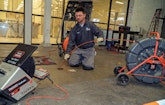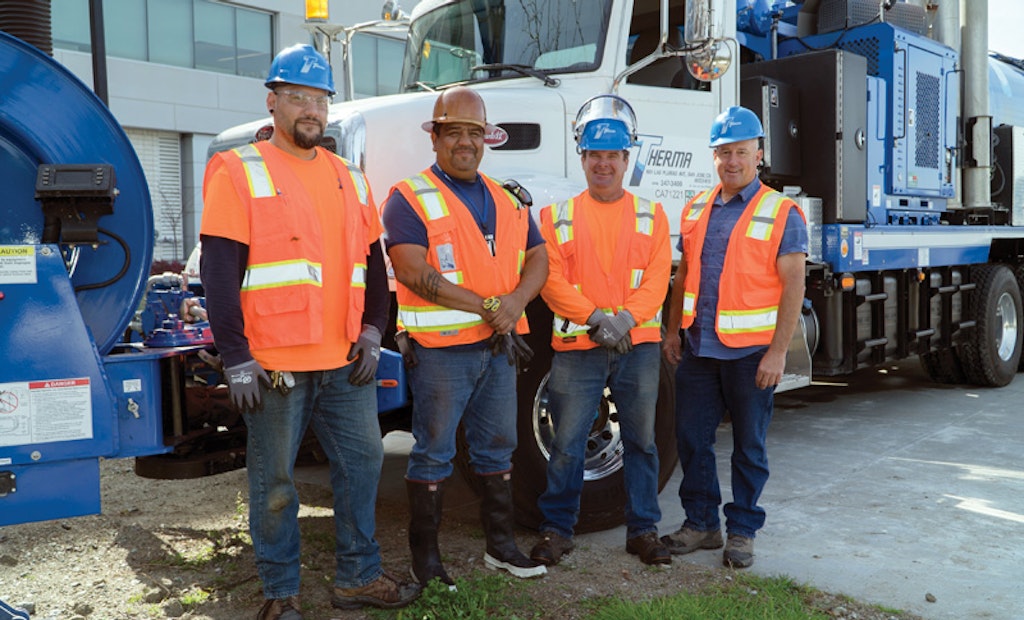
Building state-of-the-art “clean rooms” for high-tech corporations in Silicon Valley is vastly different than unclogging drainlines for those same companies, but these services — and many others — mesh quite well together at Therma Corp.
While some companies grow by...
